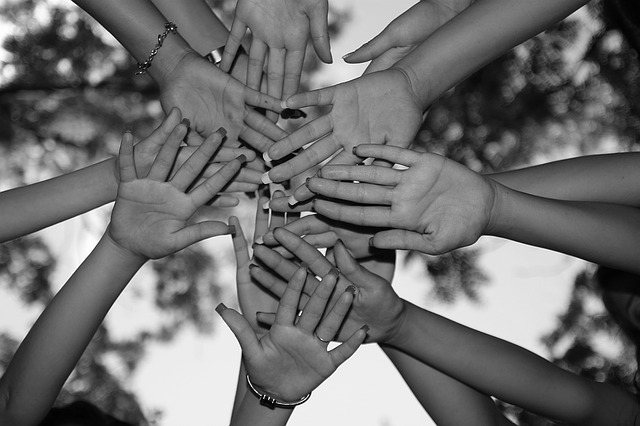Toxic Friends in Relations
Toxic friends are hazardous to your physical and mental health. In fact, according to a 2012 study by UCLA medical students. These kinds of relationships can increase the chance of heart disease and cancer. Unsurprisingly, toxic friendships can also make teens and adult go into depression.
Toxic friends and associates experience.
If you have a toxic friend (or even a family member), chances are you are sensitive to people’s emotions and have a strong desire to help others. Unfortunately, toxic friends know how to take advantage of this, and have no qualms about doing so. That isn’t to say they don’t care for you; they likely enjoy your friendship, and may even be very vocal about how much they appreciate you being in their lives.
Toxic Friends
Here are a few signs to look out for when trying to determine if a friendship is toxic:
- It is one-sided: Perhaps your friend depends on you for things a lot more than you do for them. They may hardly do things that require much time or energy on their part, but expects (or even demands) you to do so for them, often giving excuses, or flat out refusing if you ask them for favors. In some toxic friendships, you do most of the calling and visiting. What’s more, your conversations may mostly be about them, with hardly any time taken to talk about you and your life. If you are the one investing the vast majority of time and effort into the friendship, then this just may not be a healthy relationship.
- They criticize and blame you for everything: Many toxic people tend to cast blame. Mistakes on your part, big or small, are thrown back in your face, and you may even be criticized publicly. They might have a grocery list of things about you that need to change to suit them, but shun any hint you may give that they need to make any changes to improve their own lives or the friendship.
The critics and your mental health
- You’re walking on eggshells: You have to be careful what you say, because any little thing you say could make them blow up in rage. It’s not all bad, though. When the friendship is good, it’s great; when it’s bad, it’s horrible. It’s like you’re on an emotional rollercoaster with your friend at the controls.
Firstly, you can try to deal with the friendship. For example, say ‘no’ (firmly, but respectfully) when your friend asks for something that makes you uncomfortable. Tell them when their behavior is unacceptable, and be open about how their behavior makes you feel.
Acceptance towards Toxic Friends
It is crucial to accept, though, that not all friendships can be fixed, and for your happiness, it may be best to end the friendship. This isn’t easy, though. Still, if it comes to that, be as polite and decisive, and be forgiving. Holding a grudge means carrying an unhealthy burden away from the friendship.
Look for balanced friendships that enrich your life as much as you enrich others’. You will be happier, and your mental health will thank you for it!




